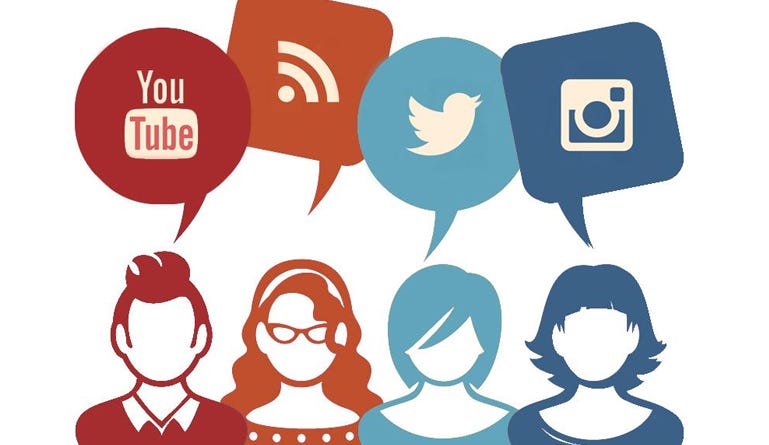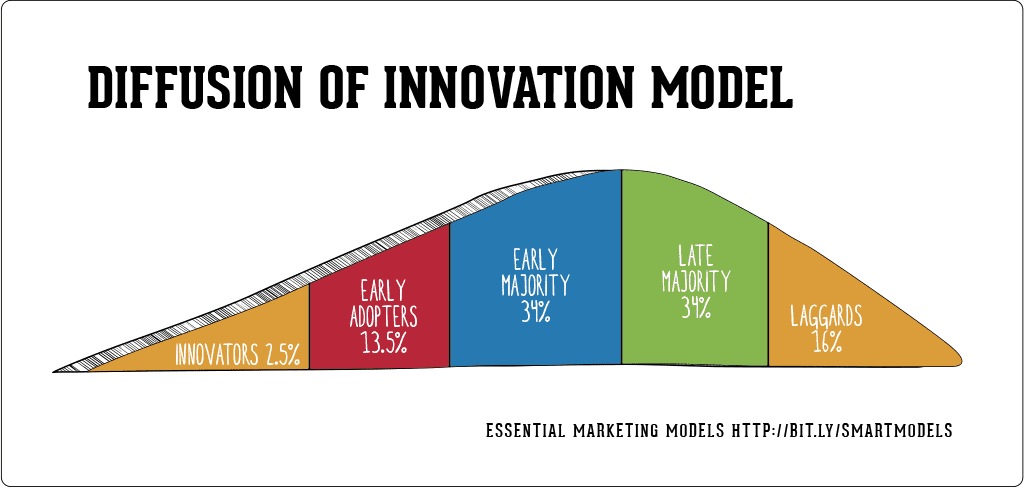Artificial intelligence (AI), is the ability of a computer or machine to mimic or replicate intelligent human behavior. This involves learning from experience, adapting to new situations, solving problems, and making decisions based on available data and information. AI is typically achieved through machine learning algorithms, which are designed to improve their performance over time as they are continuously exposed to more data and experiences. AI's potential is huge and has the potential to revolutionize many different industries and fields, from healthcare and transportation to finance and entertainment.
![What is Artificial Intelligence: Types, History, and Future [2022 Edition] | Simplilearn](https://www.simplilearn.com/ice9/free_resources_article_thumb/Why-get-certified-in-Artificial-Intelligence.jpg)
AI systems rely on the collection and analysis of large amounts of personal data, therefore, making privacy a major concern when it comes to artificial intelligence. The data collected is used to train and further improve the performance of AI algorithms, but this carries potential risks to individuals' privacy. If personal data is being collected without individuals' knowledge or consent, or if it's mishandled or misused, it could lead to serious breaches of privacy. It is important for organizations that partake in AI software to implement privacy policies and practices, such as receiving users' consent before collecting their data, implementing de-indeficiations techniques to protect users' privacy, and regularly monitoring and auditing their AI systems to ensure they are complying with privacy laws and regulations. It's important for regulators and policymakers to develop and enforce extremely clear and consistent rules and guidelines for AI and personal data.
There are many benefits of ariticial intelligent. AI improves efficiency and productivity, it can automate tasks and processes which allows businesses and organizations to operate more efficiently and effectively. AI can also increase accuracy as systems can process large amounts of data quickly and more accurately, which further reduces the the potential risk for human error. AI can also help make decisions by analyzing data and identify patterns that may not be immediately apparent to humans. Innovation is increased because of AI and will help businesses and organizations generate new ideas and solve complex problems in novel ways. Lastly, AI can be used to provide personalized, real-time customer support, and it improves customer experience. AI has the potential to drive significant improvements across a wide range of industries and fields.
However, there are many negative effects of AI technology. AI can take away creativity and flexibility as AI systems are designed to perform specific tasks, a computer can't necessarily think outside of the box and come up with creative solutions to problems. AI can be very biased due to the data that they're trained on which can lead to discriminatory outcomes. As we continue to see AI advance it may lead to job displacement because it can perform tasks that were previously done by humans. This could lead to job losses in multiple industry. As previously mentioned there are obvious security and privacy concerns as AI systems hold large amounts of sensitive data. There are ethical concerns as well as AI continues to advance, such as how to ensure these systems are used for the greater good rather than malicious practice.
AI has the potential to play a large role in national security, it could protect a country from external threats and has the ability to respond to internal emergencies or disasters. AI has the ability to power surveillance systems that could be used to monitor borders and then identify potential security threats. AI-powered drones could be used for missions or to deliver aid in situations. However, there are also risks that could be associated with using AI for security purposes. AI-powered weapon systems could raise ethical concerns as their is no human control over the system. It is important to ensure that AI systems used for national security purposes are transparent, accountable, and subject to appropriate oversight.
AI could certainly be used for identity theft, but it is important to remember that technology intentions is not to be malicious. It is up to us to determine whether it is beneficial or harmful. AI could be used to determine whether large amounts of data to identify patterns that could indicate fraudulent activity, which could further prevent identity theft. But, AI could be used by criminals to steal personal information using algorithms to produce fake identities or phishing emails. It is up to us, organizations, and governments to ensure that AI is used ethically and responsibly so that is being used in the correct way.
AI has the potential to revolutionize many different fields and make them more efficient and effective. However, there is room for error as it can be misused in the case of identity theft or other types of cybercrime. AI leaves us with important ethical and social questions as wse have seen the impact is has made on jobs. As the field is continuing to evolve, it will continue to change in the coming years. It's important for us to stay informed about the latest developments of artificial intelligence and understand its potential implications.

![What is Artificial Intelligence: Types, History, and Future [2022 Edition] | Simplilearn](https://www.simplilearn.com/ice9/free_resources_article_thumb/Why-get-certified-in-Artificial-Intelligence.jpg)






